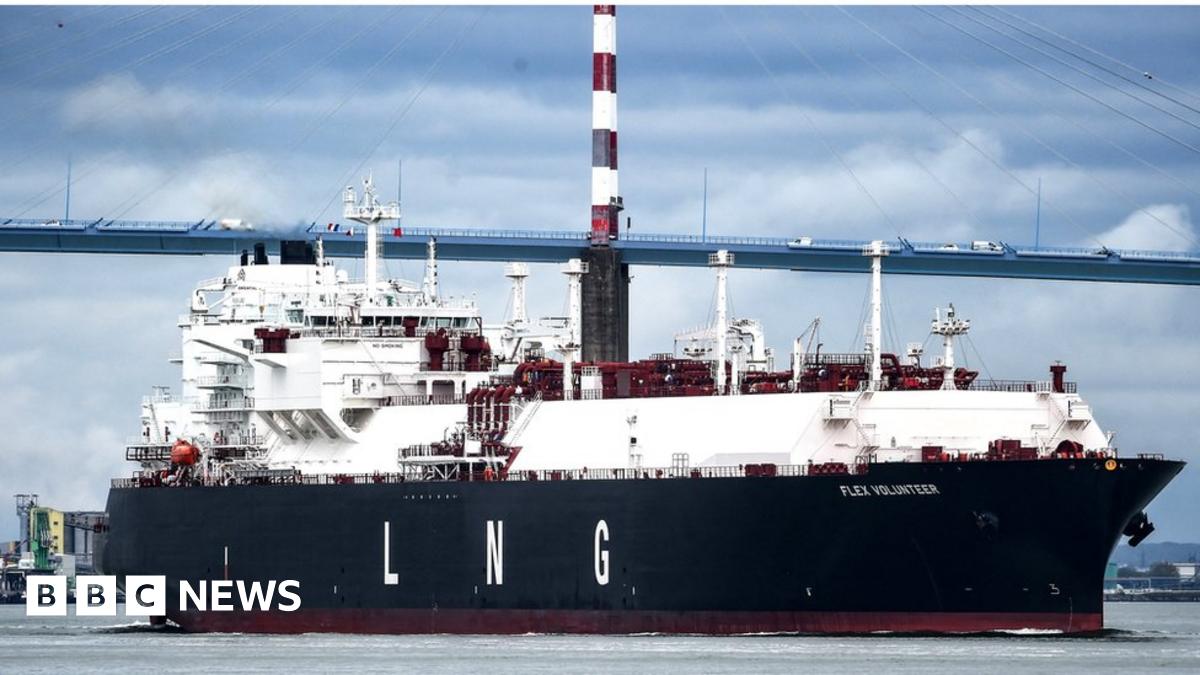What's amusing, is that most solar parks need the grid to be active to be able to export into it.
As soon as you shut it off in the day, the parks go "dark" therfore adding to the lack of power.
Same for people's roof top solar. Many think they still have power if grid goes off.. they don't understand how it works.
This amuses me greatly
Why I built a separate, fully isolated from the mains/grid with its own protection and earthing, etc., setup - can't run the normal house but has a battery bank and Renogy inverter to supply some 240V outlets if needed. Unfortunately at the time of year these issues might be most likely to happen solar production is likely very low as well - fortunately I've other sources of 12V DC as well which can tie into it if needed.



 We were fine living in caves as well, but I bet you wouldn't be too happy if someone turned up one day to demolish your house!
We were fine living in caves as well, but I bet you wouldn't be too happy if someone turned up one day to demolish your house! , but I'm guessing since we're talking 50 years ago, those particular posters don't need to worry about things like being able to do their job anymore.
, but I'm guessing since we're talking 50 years ago, those particular posters don't need to worry about things like being able to do their job anymore.